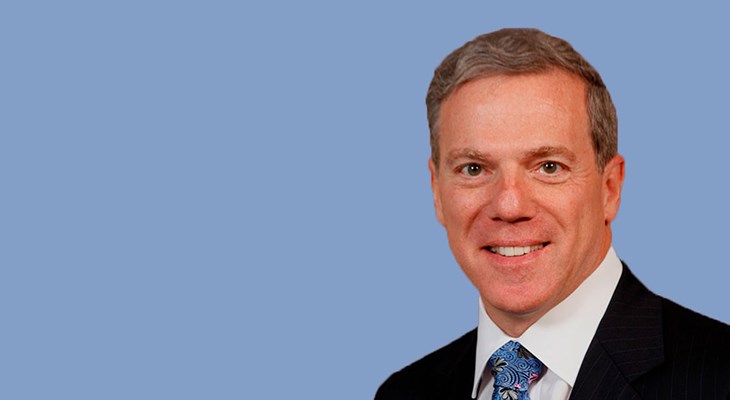When offices closed and people were sent home to work at the beginning of the pandemic in the U.S., there was a second disruption that happened, said Greg Skoda, former chairman and co-founder of Skoda, which merged with Marcum in late 2019. People needed phone lines redirected, home Wi-Fi needed to be connected or improved, hardware needed to be distributed, and because that was happening across many companies, it meant that the certainty of receivables was suddenly in question.
“How do you begin to manage that along with everything else?” Skoda said at the Smart Business Dealmakers Conference in September. “You can go down your whole balance sheet and look at, what’s that mean about inventory? What’s that mean about supply chain. And if I’m a buyer, seller or user of capital equipment, what’s that mean? What’s coming in tomorrow and what’s not coming in tomorrow? What am I going to be able to use? What am I going to be able to ship? So it really grabbed a whole lot of companies by the throat and said, ‘You have to pay attention.’ A lot of it was finance 101-kind-of things that we all had gotten way past thinking about — things we hadn’t thought about in a very long time. And now we’re talking to our customers in different ways. We’re paying attention to how money is coming in, when it’s coming in. I’ve never seen in my career cash flow planning be as big a part of the business as it’s been in the past five months.”
In Skoda’s clients and companies they own and operate, he’s saw a renewed review and analysis of the entire company, line by line, about things that hadn’t been considered for a very long time. And it’s involving people at all levels of these organizations.
“Maybe the CEO wasn’t talking to the payables clerk,” he said. “Or maybe the CEO wasn’t taking to the person in billing, or wasn’t talking to the person on the shop floor and all levels of management in between. So we’re seeing conversations, groups getting put together (to discuss) how do we solve this problem? How do we deliver better service? How do we deliver at all? How do we collect for it? What should payment terms look like? And all in concert with their banks — they’re having different conversations with their banks than they’ve had in a very long time.”
The uncertainty around future planning, what exactly the general landscape will look like, has companies thinking differently about their capital needs. Some businesses are doing well, making more money than they’ve made before. Others have stayed relatively the same. But more businesses are making less or are temporarily or permanently out of business.
“The views that you have to have as a management team on how do our bills get paid tomorrow, next week, next month, the month after if this economic condition continues, what happens if it gets worse, and can you sustain that — do you have a model. If you’ve got deep pockets you think about that in a different way.”
Still, despite the challenges, Skoda said the world remains open for business.
“The world didn’t shut down. You can go get capital. You can find it and it doesn’t have to be egregiously expensive if you’re the right company. All the traditional ways are still there. There’s a fair amount of money sitting on the sidelines that’s ready to work. If you’re looking, you can find it.”




